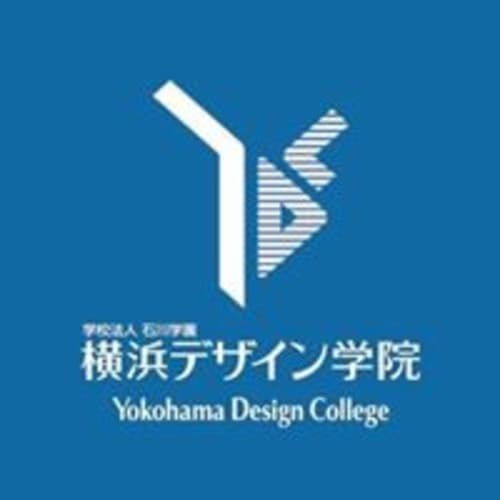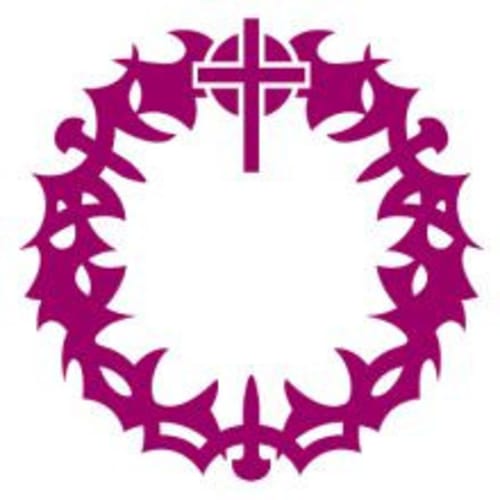
Best Universities for Academic Courses Programs in Japan 2024
- Manchester, United Kingdom
- Budapest, Hungary + 62 more
World-class university preparation qualifications designed by universities for international students to succeed at university.
- Hachioji, Japan
The National Institute of Technology (NIT), Japan, which organizes 51 Colleges of Technology (KOSEN, 55 Campuses, including 5 Colleges of Maritime Technology), provides a unique and successful higher-education system, the main five-year engineering education and the additional two-year advanced course as well, for young students from an age of 15, under close cooperation with industry, to foster top-level practical and creative engineers as human resources (or as “Treasures of the Society”).
National Institute of Technology, Fukushima College
National Institute of Technology, Fukushima College

- Iwaki, Japan
National Institute of Technology, Fukushima College was founded in April 1962, as Taira National College of Technology. The College originally comprised three faculties, the Department of Mechanical Engineering, the Department of Electrical Engineering, and the Department of Industrial chemistry.
- Ashiya, Japan
This program is only available as a second part of the Dual Degree Program after students. is only available via our highly accredited University...
- Yokohama, Japan
YDC, Yokohama Design College, is one of leading Vocational schools to teach Designs, also famous in Japan for high level Japanese Education.
- Tokyo, Japan
=Notice= Unfortunately, J. F. Oberlin University (JFOU) has to announce the cancellation of the Summer Session 2020 due to the coronavirus epidemic. ーーーーー The Summer Session at J. F. Oberlin University is a minimum two-week, up to a six-week intensive program in the metropolitan Tokyo.




